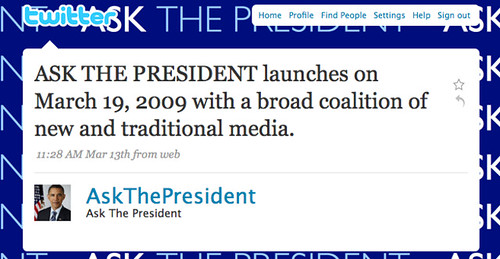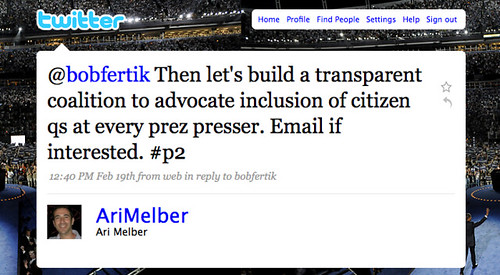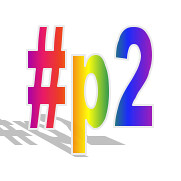How to vote in NetSquared challenges — voting closes Friday 3 PM Pacific time!

NetSquared is hosting the N2Y4 Mobile Challenge and Social Actions’ Change the Web Challenge, both filled with great projects for people to vote on, with a total of $60,000 in funding and prizes for the winners . Cool! But …
At least for me, the voting process was extraordinarily difficult; I counted 15 steps, and in many cases the instructions for what to do next weren’t at all obvious. It’s a complicated two-step process where you have to first “mark your ballot” and then submit it. Even finding the button to vote isn’t easy — it looks like an ad for NetSquared.  And I’m a trained professional!
NetSquared’s voting instructions help some if you can find them but are primarily text — there’s only one screenshot (and it highlights the “send to administrator link” which doesn’t have anything to do with voting). Fortunately the folks at Capitol News Connection have written up excellent instructions for their project … and it’s straightforward to see how to apply these to any of the ideas in the N2Y4 Project Gallery and Change the Web Project Gallery.
So if you’re trying to vote, check out the instructions below.
And if you’re advocating for a project, consider creating a similar instruction sheet and distributing it to your supporters before tomorrow’s deadline, encouraging them to double-check their votes. If you don’t have the time or resources to do something slick, that’s fine: step-by-step text instructions with links are a lot better than nothing. Voter education makes a huge difference in competitions like this, and it also is a good way of showing your supporters that you appreciate all the hard work they’re doing getting through the obstacles NetSqaured has set up from them.
jon




 I wanted to expand on my remark in
I wanted to expand on my remark in  One of the challanges with using Twitter for activism is one that’s all too familiar to anybody who’s spent time online: dealing with trolls and other disruptions.*Â Twitter hashtags are completely open, so anybody can post on them, which means we frequently see tweets
One of the challanges with using Twitter for activism is one that’s all too familiar to anybody who’s spent time online: dealing with trolls and other disruptions.*Â Twitter hashtags are completely open, so anybody can post on them, which means we frequently see tweets 